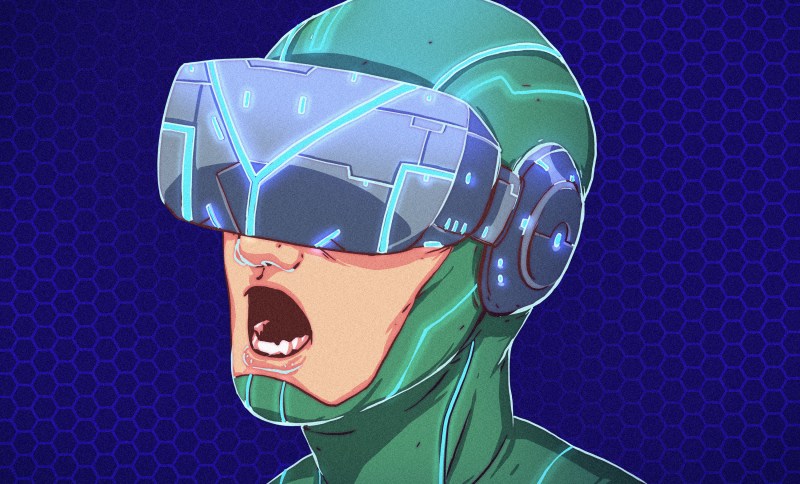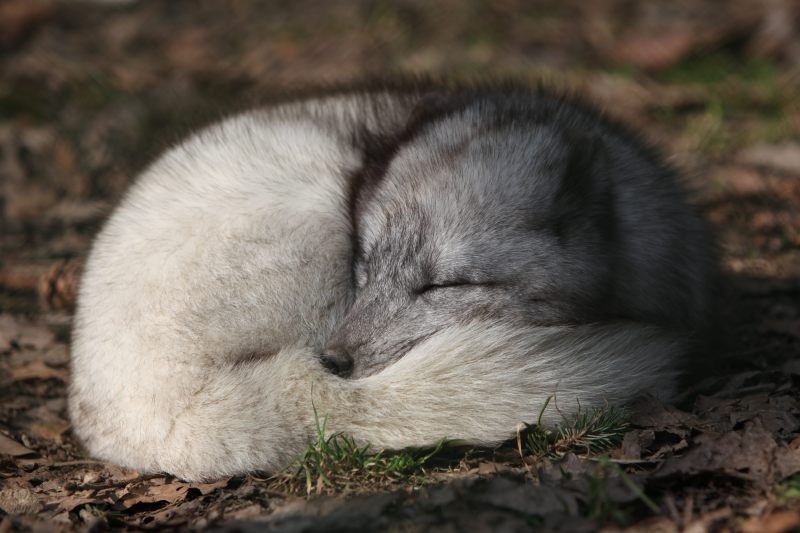The Road to Lucid Dreaming Might be Paved With VR

Lucid dreaming is the state of becoming aware one is dreaming while still being within the dream. To what end? That awareness may allow one to influence the dream itself, …read more Continue reading The Road to Lucid Dreaming Might be Paved With VR
